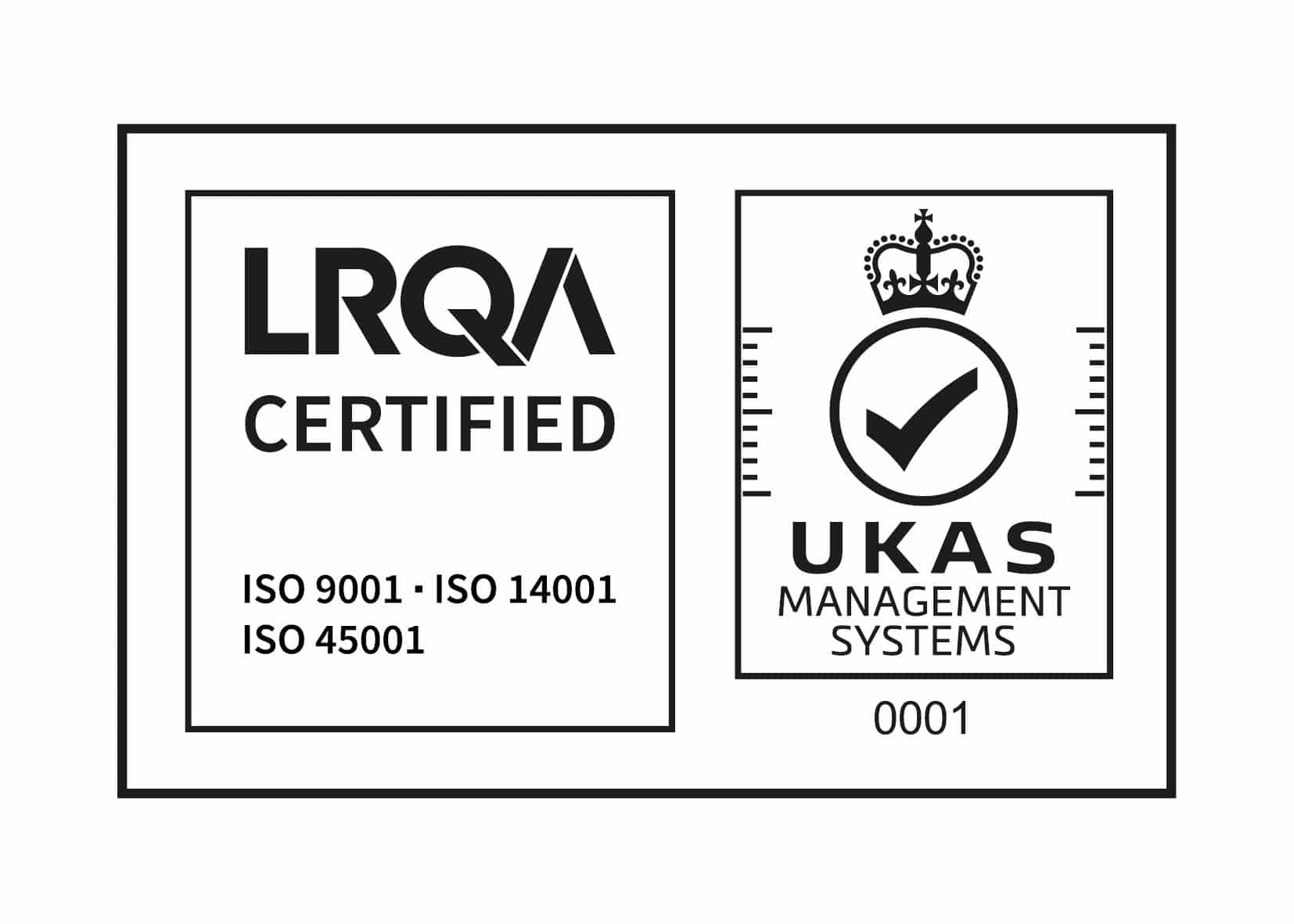What is Port Operations?
Port operations refer to the range of activities involved in the management and handling of vessels, cargo, and passengers at a seaport. These operations are critical to the efficient functioning of seaports, which play a crucial role in global trade and commerce.
The activities involved in port operations can be broadly classified into three categories:
- Vessel operations involve the handling of vessels, including navigation and maneuvering within the port, berthing, and unberthing of vessels, and anchorage management.
- Cargo operations involve the handling of cargo, including loading and unloading of cargo from vessels, cargo storage, and customs and immigration clearance.
- Passenger operations involve the handling of passengers, including embarkation and disembarkation, immigration and customs clearance, and passenger safety and security.
Effective port operations require a wide range of infrastructure, including berths, docks, cranes, and other cargo-handling equipment, as well as passenger terminals and related facilities. The efficient movement of goods and people through seaports requires careful coordination and planning, including the scheduling of vessels, the allocation of berths and cargo handling equipment, and the coordination of customs and immigration clearance procedures.
Port operations are crucial to the success of businesses involved in global trade. Efficient and effective port operations can help businesses optimize their supply chain management, reduce transportation costs, and improve customer satisfaction. Conversely, inefficient or ineffective port operations can lead to delays, increased costs, and decreased competitiveness.
Overall, port operations play a critical role in the management and handling of vessels, cargo, and passengers at seaports, facilitating global trade and commerce while also promoting sustainability and social responsibility.
Discover more about Port Operations:


